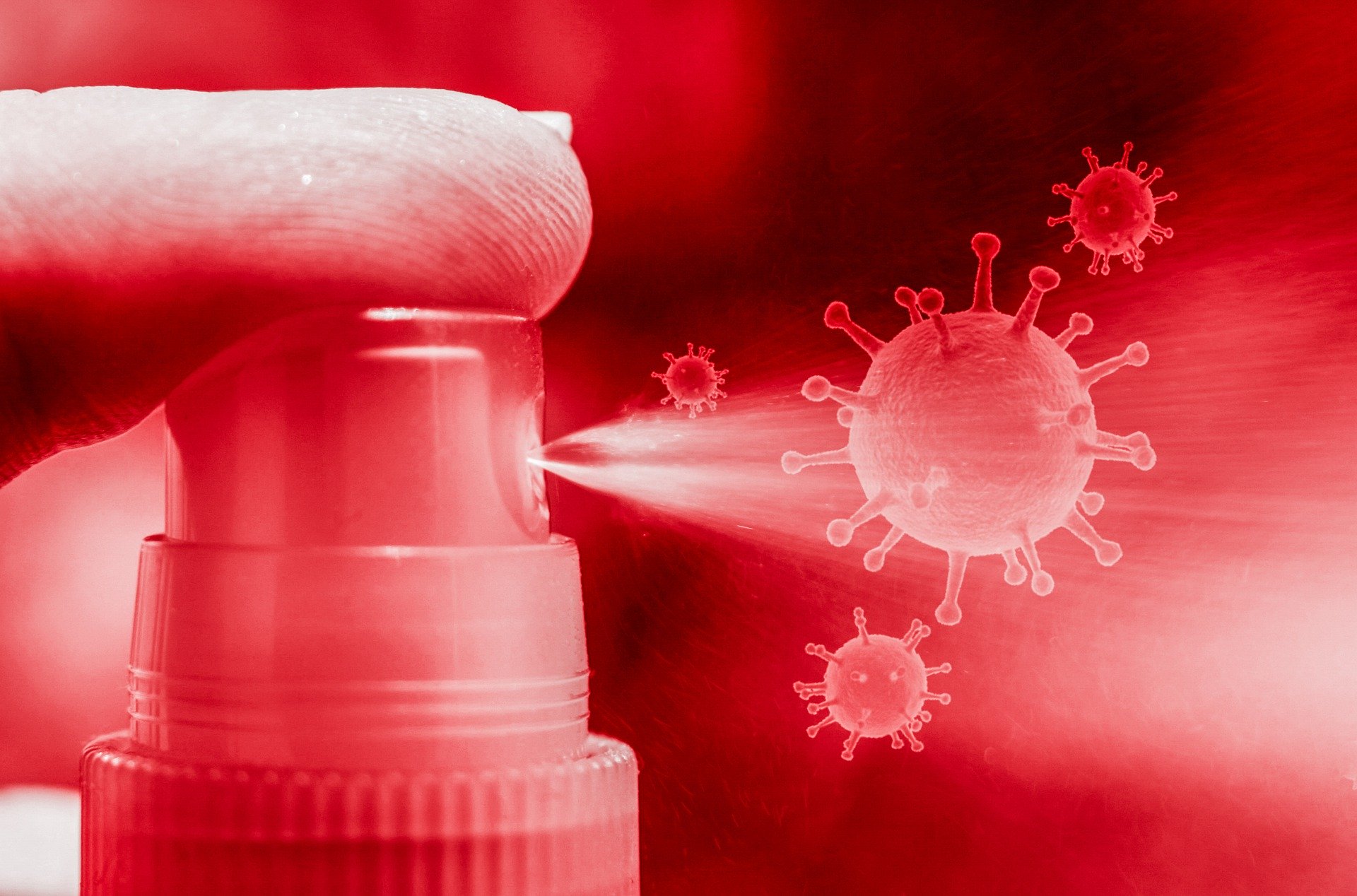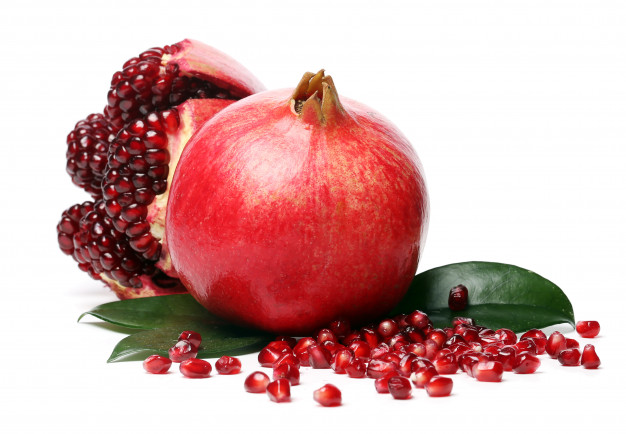HOW TO USE SANITIZER
Corona disease taught a lesson to us. Practised, even though everyone knows it—hygiene of the same hands. Now the task is to write a sanitizer on the hands of anyone who touches it. Undoubtedly, it helps to prevent coronavirus infection.
But if used unnecessarily, side effects are unlikely to arise. These should kept in mind when using sanitizers for skin dryness problems.
Rubbing with a sanitizer for hands turned out to a quick affair. Not only when they went out, but also at home, no people were using them. Using sanitizer is a good thing. If not, the best way to prevent illness and infection is to wash your hands with soap.
Also read: Is Home Isolation Enough For Covid-19
It is using soap to wash all lightweight and efficient, and even cheaper. Hand sanitizers are also useful in situations where it may not be possible to wash with soap all the time, such as when going out, driving a car, or shopping.
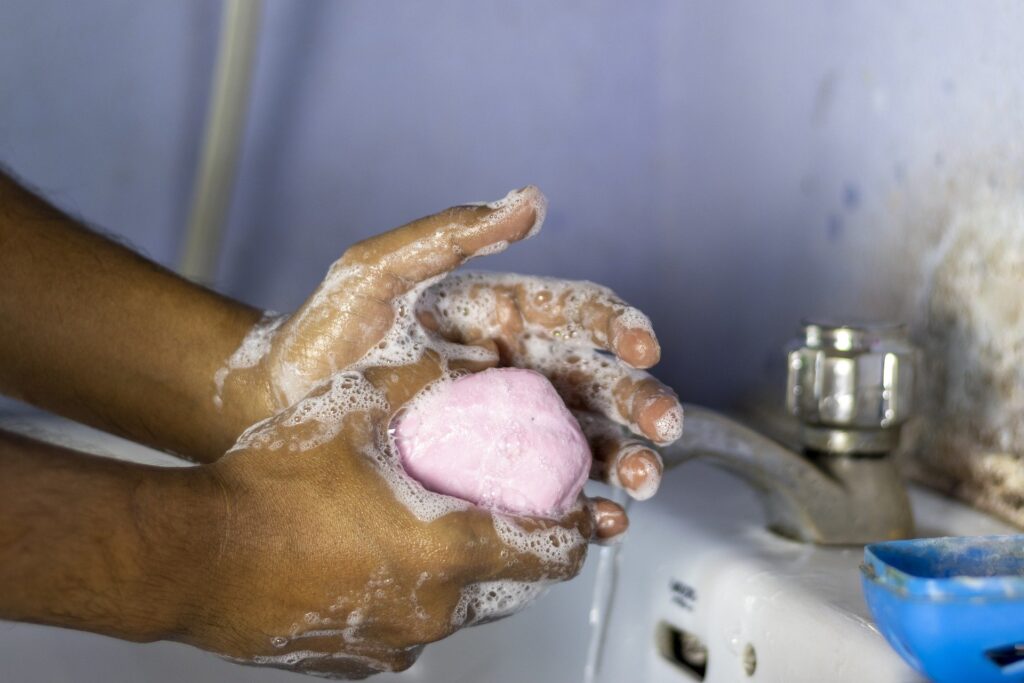
The government has also recommended its use in the current circumstances. However, caution required in the use of sanitizers. It is best not to overuse it. Hand sanitizers should be used when it is not possible to wash your hands with soap. No matter how good these are, it is important to remember that there are some side effects.
Also Read About: WHO Guidlines For Covid-19
SANITIZER CONTAINS
A chemical called triclosan used in the manufacture of most sanitizers. It kills germs and fungus. Sanitizer Contributes to storage. It kills not only the insects that harm us but also the insects that do us right. Studies show that bacteria become resistant to antibiotics (antibiotic resistance) with sanitizers. It has shown that hormones in camels disrupted due to triclosan.
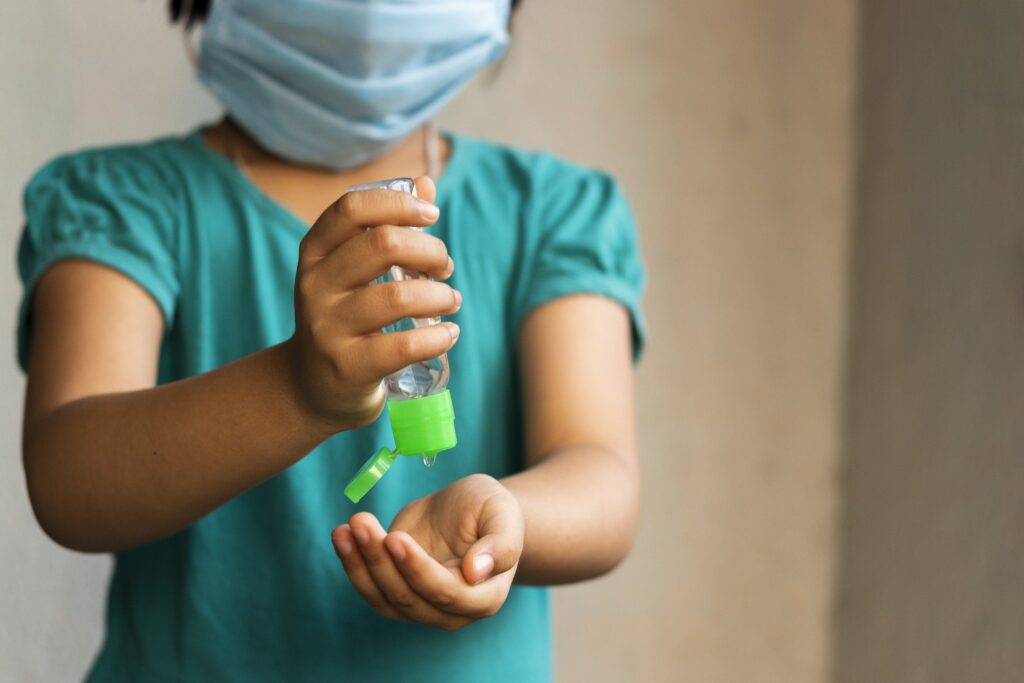
The odor of sanitizers can detected by the presence of alcohol in them. They mainly made with ethanol alcohol.
Alcohols such as isopropyl and N-propanol also used. Most sanitizers contain up to 70-90% of the dose. Alcohol removes natural oils from the skin. Sanitizer dries the skin quickly. Itching and inflammation may occur (contact irritant dermatitis). The acid in sanitizers also flushes water out of skin cells. These can damage skin cells in the long run
Alcohol has no color. That’s why colours added to make it look sweeter. Lemon, apple, and vanilla perfumes are also used to treat allergies. These can lead to allergies that result in itching, pain, and inflammation (allergic dermatitis).
Dry skin can cause wrinkles on the hands, cracks and white scales.
Some sanitizers can also absorb odours which are very pungent. Inhalation can cause coughing, vomiting, nausea, and abdominal pain, especially in children.
Some children may unknowingly drink sanitizer, uniquely scented, eye-catching sanitizers. Sanitizers contain large amounts of alcohol. If it goes into the stomach, the lungs will not work, and you may drown and go into a coma. Recently, we have seen in magazines and TV that some people have died after drinking sanitizer.
Follow These Steps In This Pandemic Situation
OVERUSE SANITIZER
Sanitizer kills germs but does not remove dust. Be aware that there is no significant use with sanitizer if dirt and grime stick to hands.
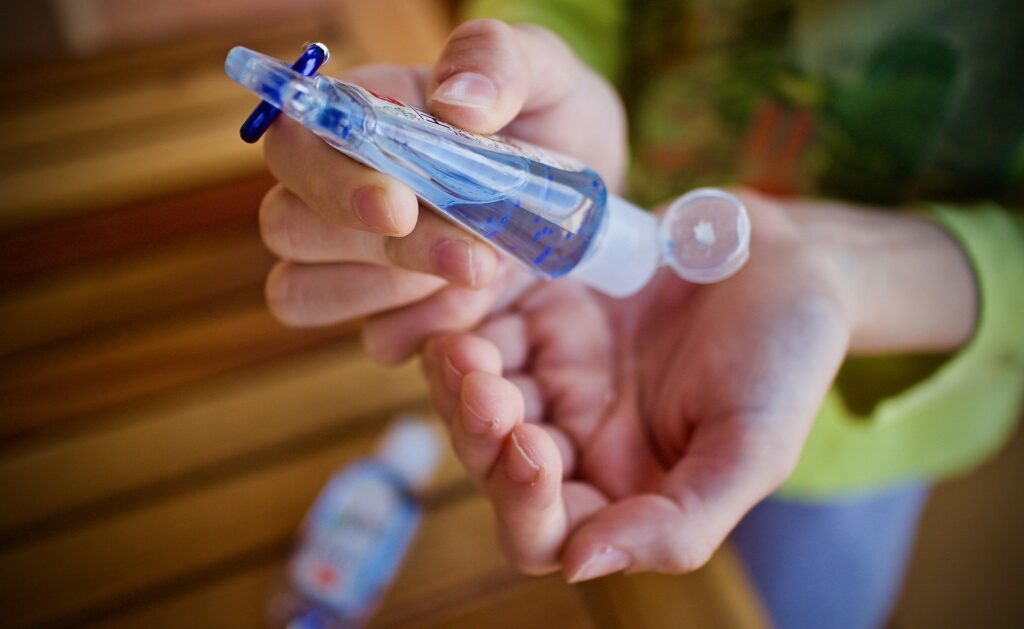
Sanitizer If used excessively, hands become dry. Some people may have itchy skin and itching, so it is better to apply moisturizer creams after applying sanitizer. Now there are sanitizers with moisturizer. Such can used if necessary
Hand sanitizer is for hands and not for other parts. Some rub it on the face with zeal, knowingly or unknowingly.
Sanitizer: Inflammation and itching of the eyes and nose.
Make sure children use sanitizers in the presence of adults. It is best to make it as accessible to children as possible.
